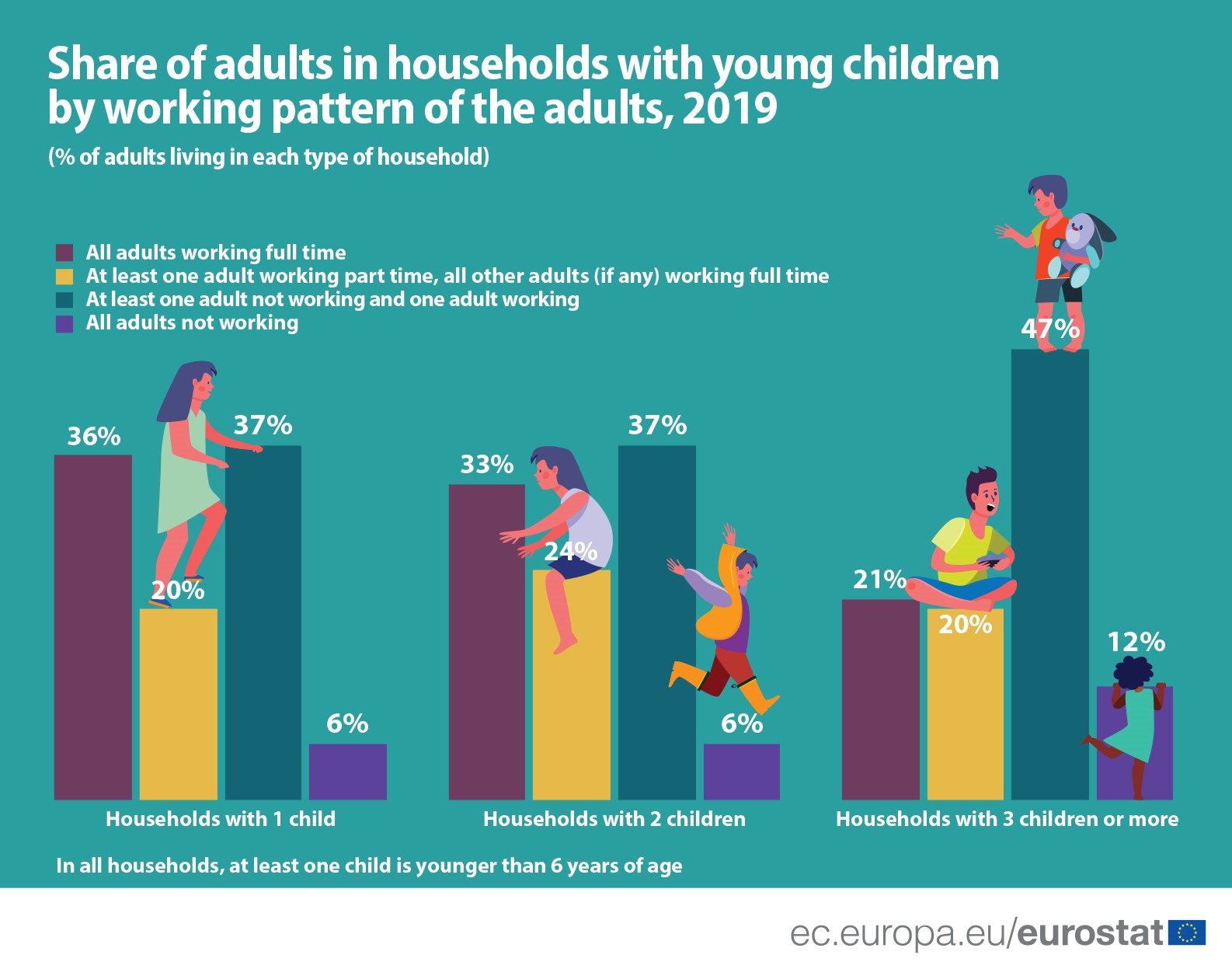A Finnish newspaper quoted last month a study by the Statistics Norway who had made estimates regarding the impact of the closure of schools and kindergartens during the Covid-19 lockdown on country’s monthly GDP. Here is a direct link to the google translation.
Accoring to the news article, there were different scenarios that resulted in various levels of GDP reduction ranging from 2.3% to 3.2% a month. I'm not able to comment on the figure, but what was interesting to me was the way these assumptions were made: they were based on the lost productivity of parents who, during thier teleworking, had to take care of a child. Additionally, they counted for the reduced income for those who are in education today over the lifecycle due to lost learning.
Having quite a few friends and colleagues who are working parents, I can assure you that this is a fine time to be childless :) It just makes me dizzy to hear how they juggle between tele-conferences, kids' remote schooling activities, groceries, report writing, another tele-conference and you name it what else.
Having quite a few friends and colleagues who are working parents, I can assure you that this is a fine time to be childless :) It just makes me dizzy to hear how they juggle between tele-conferences, kids' remote schooling activities, groceries, report writing, another tele-conference and you name it what else.
Anyway, back to the study and their estimates. For example, during a teleworking day with a child under the age of 8 at home, the child could take the entire work input of one of the parents. If a child is between 8 to 12 years old, they’d take 30% of one adult’s work input. Luckily, if they were over 13 years, there is no overhead for the parents. I guess this was the worst-case scenario, as in the other calculation, they had less severed estimates.
I have not been able to read the details of the original report yet, but I'll be interested in looking at the details. Usually in scenarios such as those, the estimates are based on somewhat realistic estimations.
I have not been able to read the details of the original report yet, but I'll be interested in looking at the details. Usually in scenarios such as those, the estimates are based on somewhat realistic estimations.
At the same time, Eurostat had posted new figures about a share of
working adults with young children in the household. In the EU, around
34 million adults live in households with one or two children.
In households with one or two children, about 1/3 of all adults are working full time. Hypothetically, let's think that they both should be teleworking during the Covid-19 lockdown, what might be the impact of the childcare duties, etc. on their productivity? Anyone wants to guess?


No comments:
Post a Comment